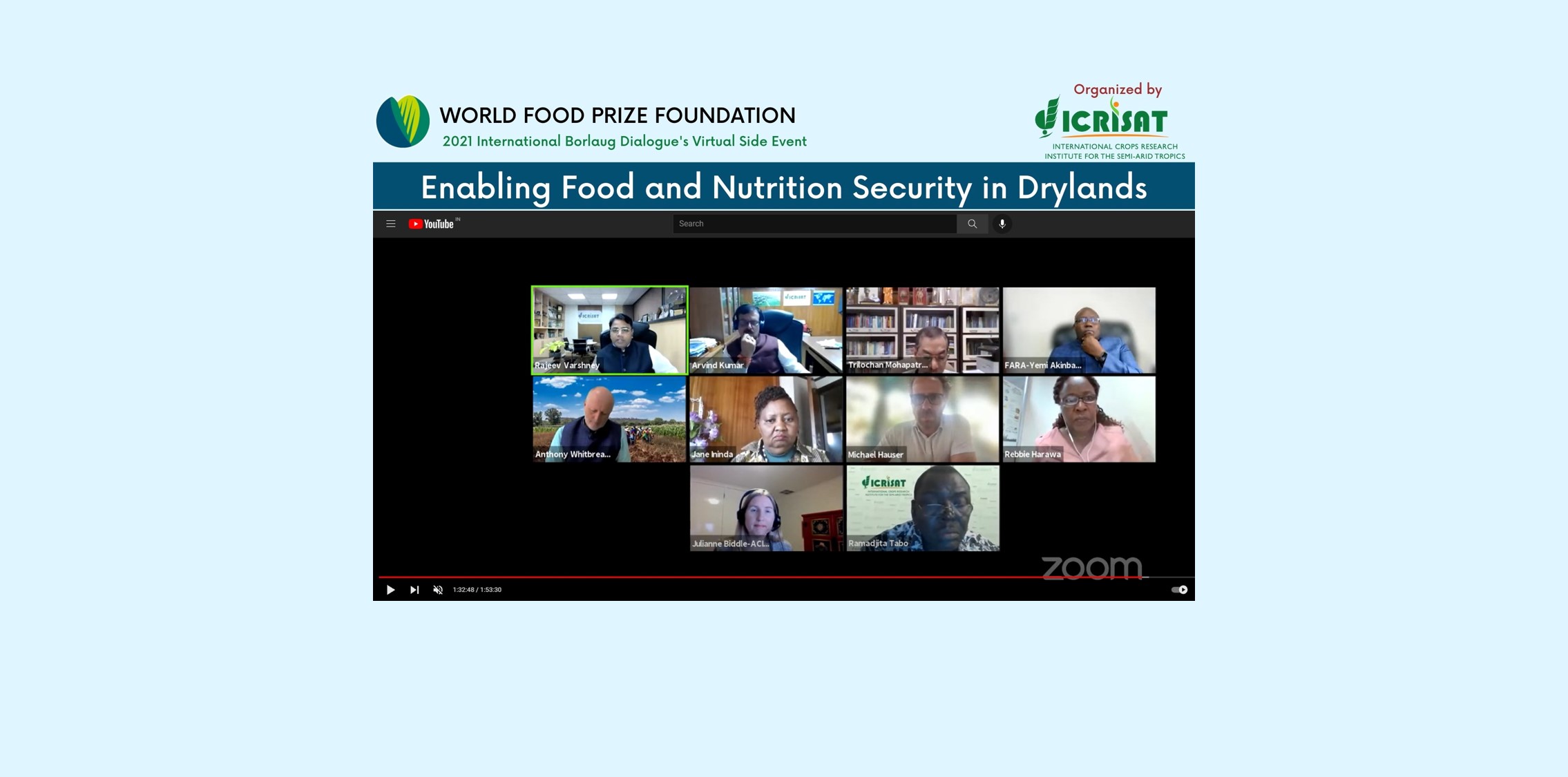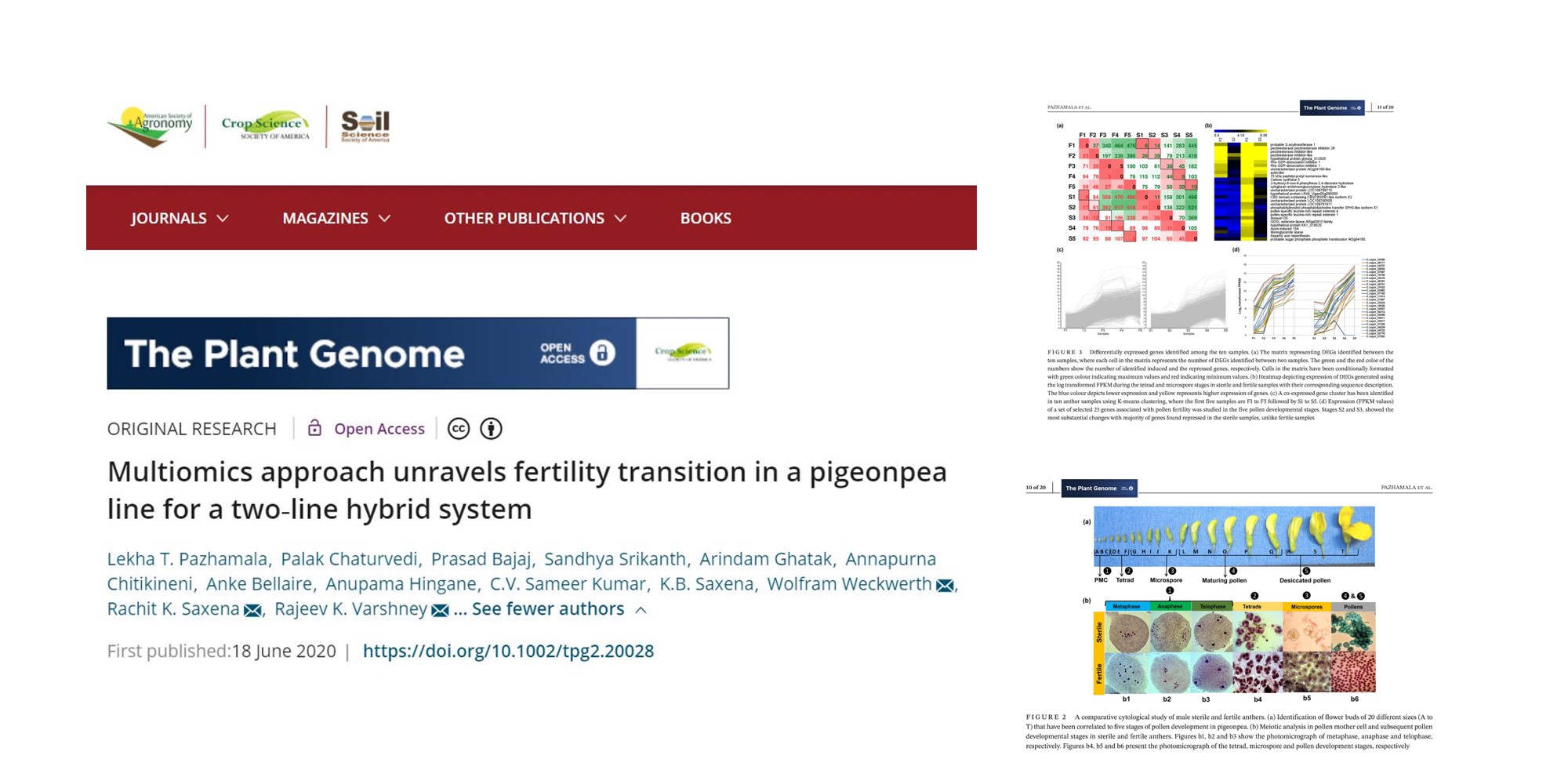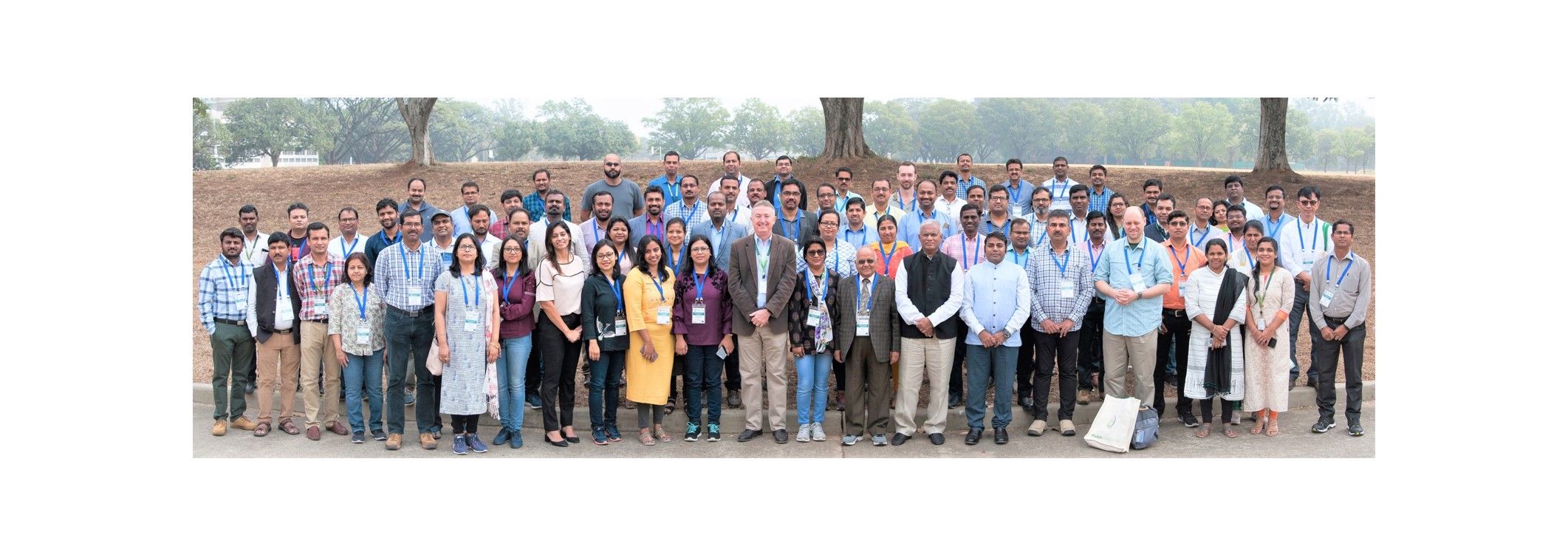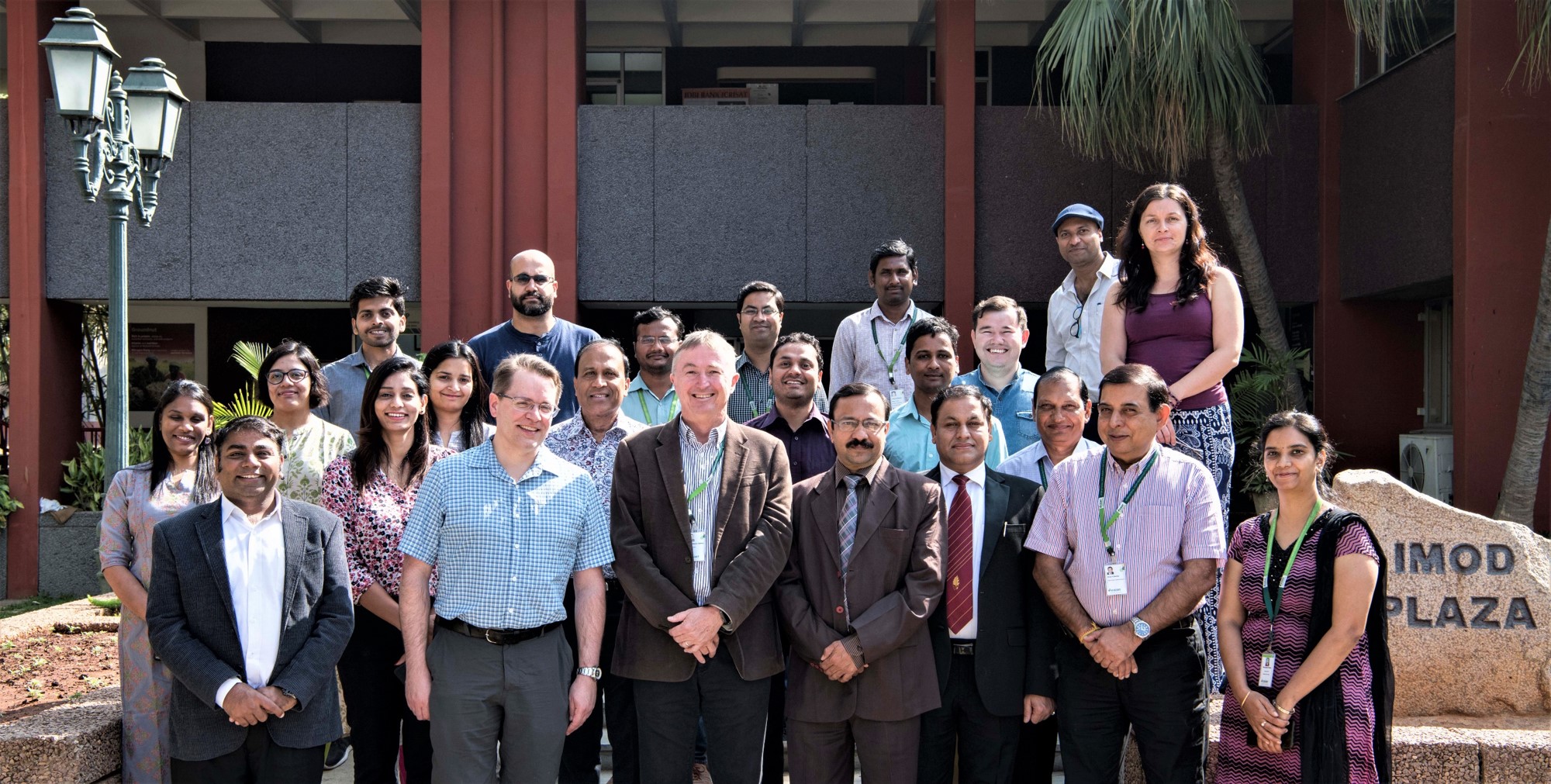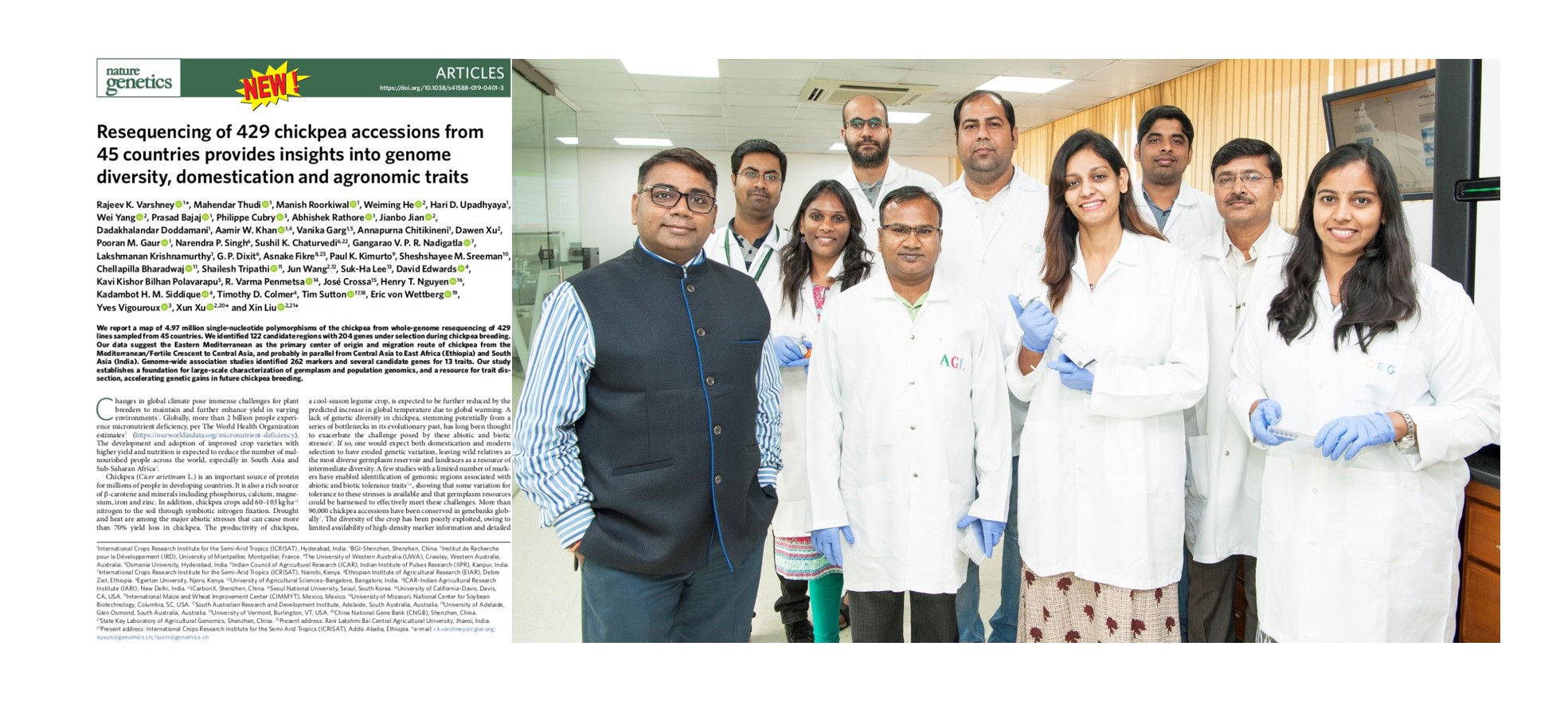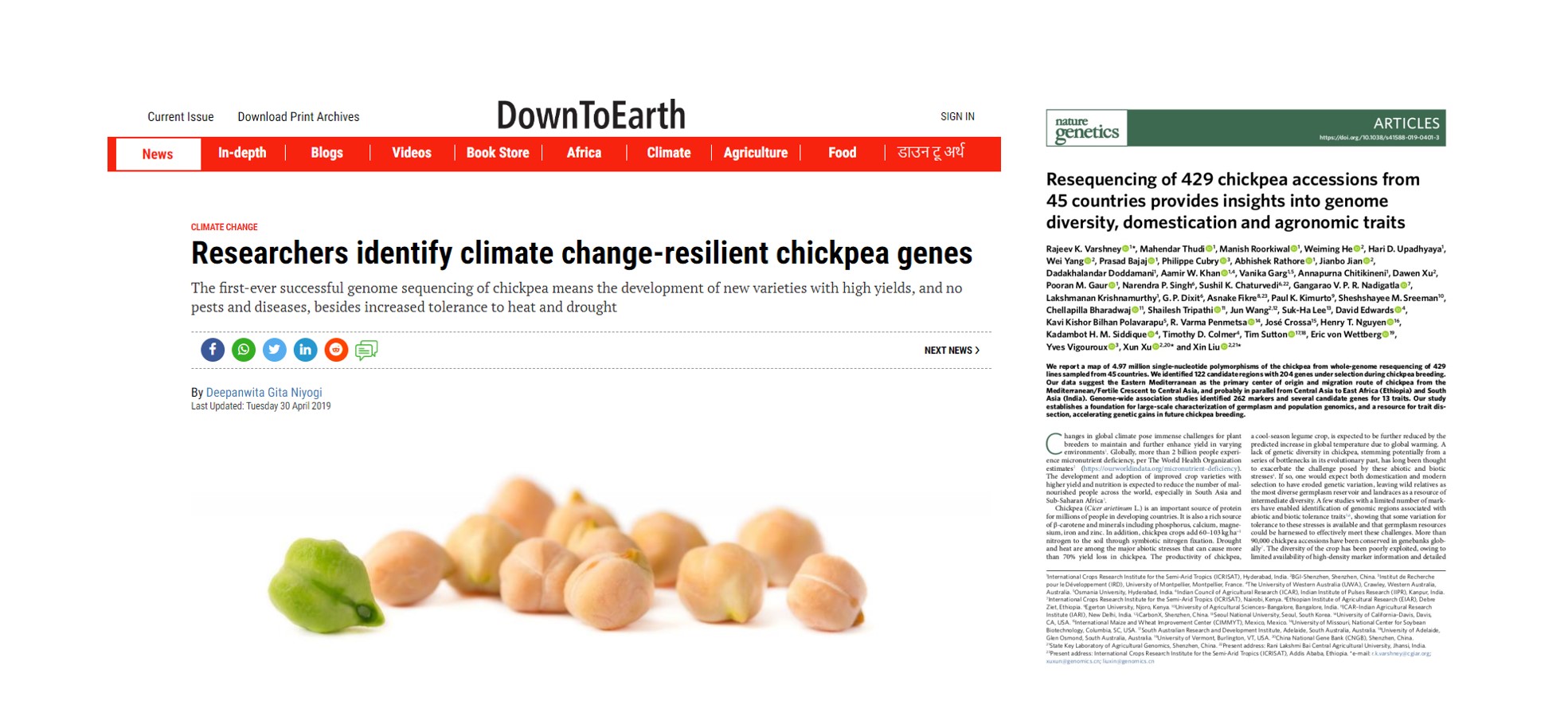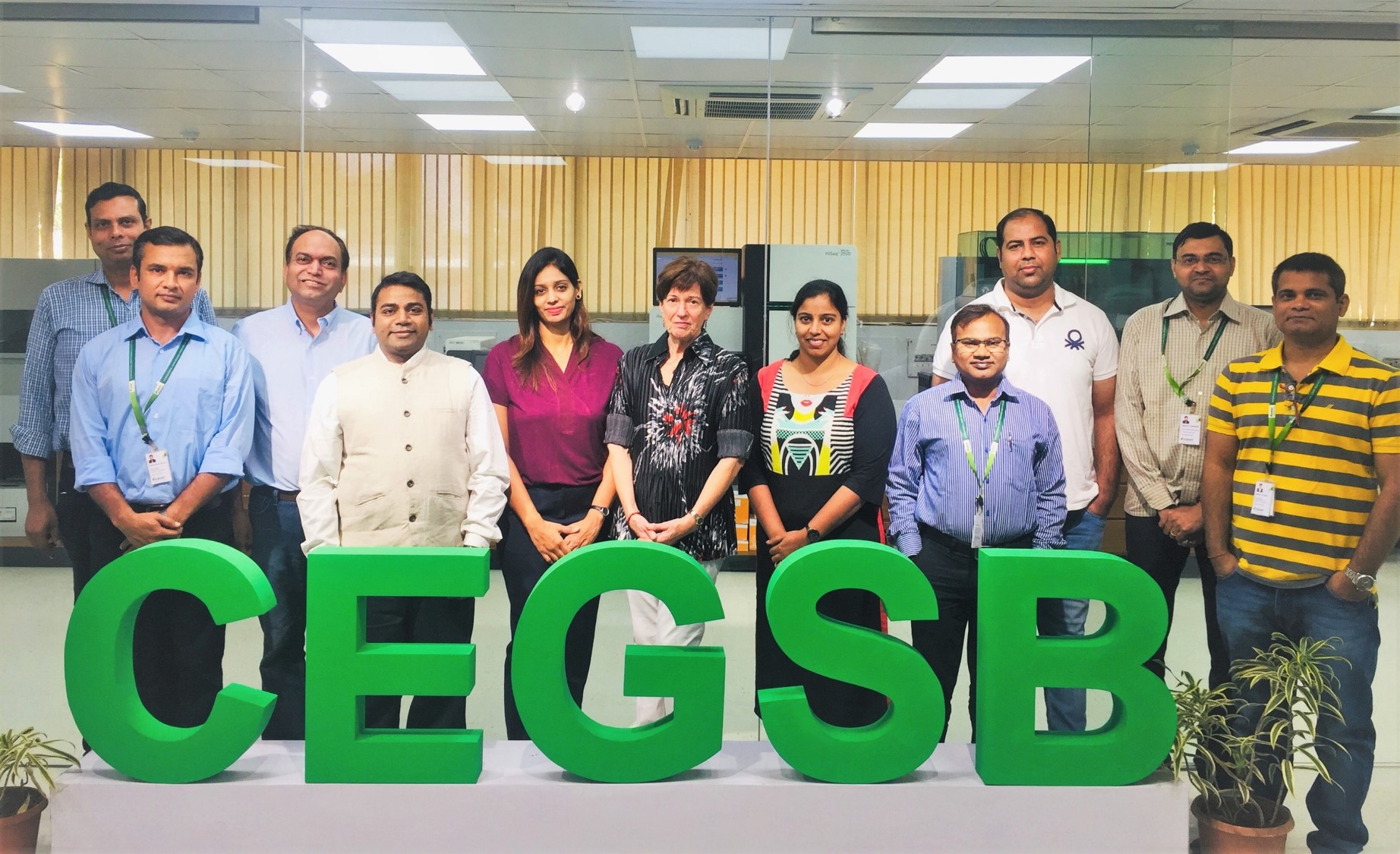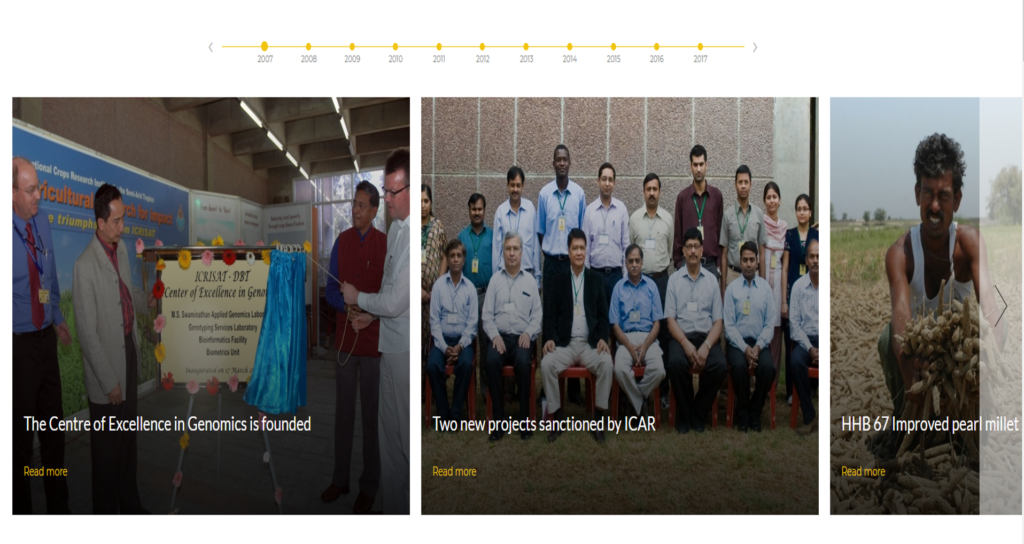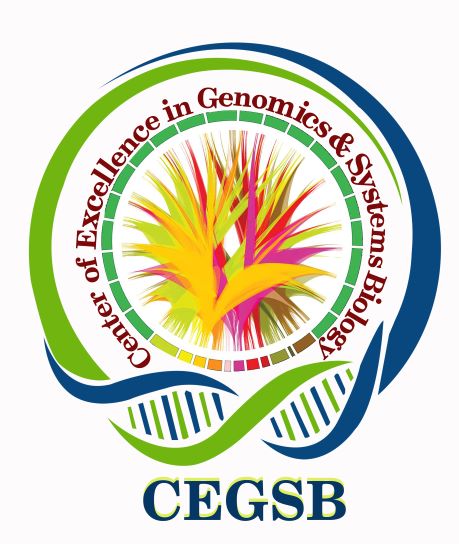
Efficient plant breeding requires high-throughput allele determination at low cost for better prediction of an individual’s phenotype from its genotype. This is the primary reason for the establishment of ICRISAT’s Center of Excellence in Genomics & Systems Biology (CEGSB, erstwhile CEG). To cater the needs of molecular breeding community, CEGSB has three main components i.e. applied genomics research and sequencing, high quality marker genotyping services and capacity building in modern genomics and molecular breeding.
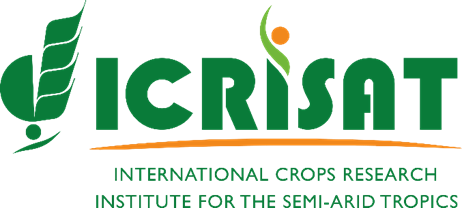
The International Crops Research Institute for the Semi-Arid Tropics (ICRISAT) is a non-profit, non-political organization that conducts agricultural research for development in Asia and sub-Saharan Africa with a wide array of partners throughout the world. Covering 6.5 million square kilometers of land in 55 countries, the semi-arid or dryland tropics has over 2 billion people, and 644 million of these are the poorest of the poor. ICRISAT and its partners help empower these poor people to overcome poverty, hunger and a degraded environment through better agriculture.
The power of genomics science and collaboration with advanced research institutes and international and national partners has made it possible for us to make a quantum leap in genomics research and molecular breeding in dryland tropics.
Dr Jacqueline d’Arros Hughes, Director General, ICRISAT
Significant Milestone by team CEGSB together with partners!
15 papers in Nature Journals in last 9 years
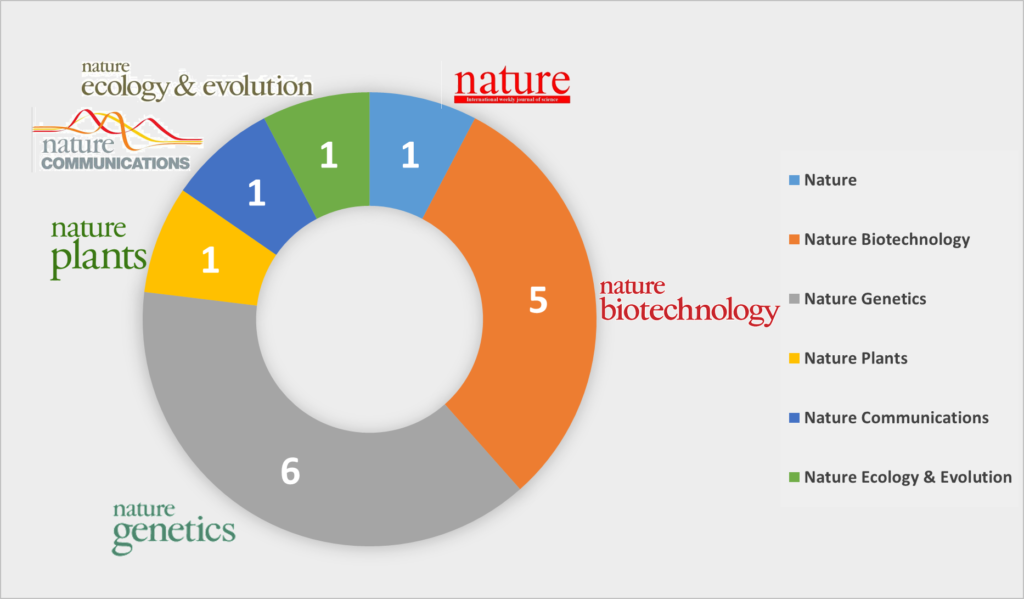
- Evaluating two different models for peanut’s origin. Nature Genetics, (2020)
- A Sweet solution to rice blight. Nature Genetics, (2019)
- The genome sequence of segmental allotetraploid peanut Arachis hypogaea. Nature Genetics, (2019)
- The genome of cultivated peanut provides insight into legume karyotypes, polyploid evolution and crop domestication. Nature Genetics, (2019)
- Resequencing of 429 chickpea accessions from 45 countries provides insights into genome diversity, domestication and agronomic traits. Nature Genetics, (2019)
- A Western Sahara centre of domestication inferred from pearl millet genomes. Nature Ecology & Evolution, (2018)
- Pearl millet genome sequence provides a resource to improve agronomic traits in arid environments. Nature Biotechnology, volume 35, pages 969–976 (2017)
- Whole-genome resequencing of 292 pigeonpea accessions identifies genomic regions associated with domestication and agronomic traits. Nature Genetics, volume 49, pages 1082–1088 (2017)
- Neglecting legumes has compromised human health and sustainable food production. Nature Plants, volume 2, Article number: 16112 (2016)
- The genome sequences of Arachis duranensis and Arachis ipaensis, the diploid ancestors of cultivated peanut. Nature Genetics, volume 48, pages 438–446 (2016)
- Genome sequence of mungbean and insights into evolution within Vignaspecies. Nature Communications, volume 5, Article number: 5443 (2014)
- Agriculture: Feeding the future. Nature, volume 499, pages 23–24 (2013)
- Draft genome sequence of chickpea (Cicer arietinum) provides a resource for trait improvement. Nature Biotechnology, volume 31, pages240–246 (2013)
- Can genomics boost productivity of orphan crops? Nature Biotechnology, volume 30, 1172–1176 (2012)
- Draft genome sequence of pigeonpea (Cajanus cajan), an orphan legume crop of resource-poor farmers. Nature Biotechnology, volume 30, 83–89 (2012)



